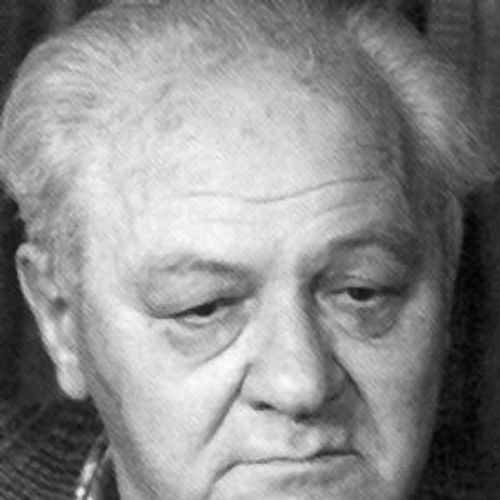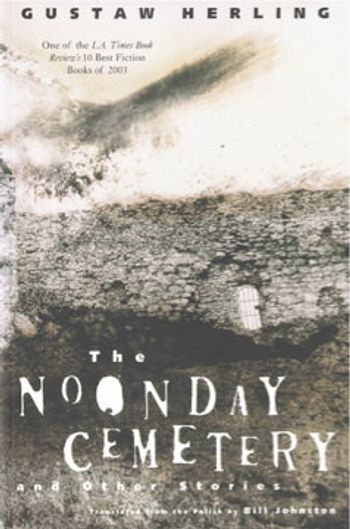Gustaw Herling-Grudzinski
Gustaw Herling (1919–2000) was born in Kielce, Poland. He began as a literary critic. During World War II, he was arrested by the Russians and confined in an arctic Gulag for two years. After gaining his release, he found a Polish military unit, and joined in the Allied assault in Italy. He then stayed in Rome and was a cofounder in 1947 of Kultura magazine, which sustained Polish culture during Communist rule. When the magazine moved to Paris, Herling went to London. But in 1952 he returned to Italy, where he stayed until his death. During his lifetime he won the Kultura, Juzykowski, Loscielski, and Wiadomosci prizes, as well as the Italian Premio Viareggio, the international Prix Gutenberg, and the French PEN-Club Award.

